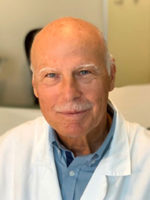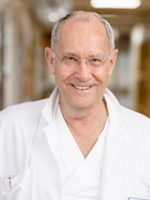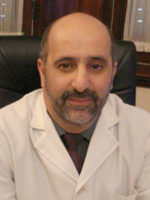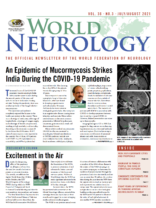The Finance Committee and the Specialty Group on Neuroepidemiology
By Wolfgang Grisold

Wolfgang Grisold
In this issue of World Neurology, we would like to continue to introduce you to one committee and one specialty group. The committee/specialty group is introduced by the respective chairs, who were asked to explain their tasks and activities to our membership. Further details, such as the list of committee/specialty group members can be found on the WFN website, as well as email addresses of the chairs and members, which will be helpful if you want additional information.
The Finance Committee

Bo Norrving
The Finance Committee is chaired by Prof. Bo Norrving. He is senior professor in neurology and a consultant neurologist at Lund University Hospital in Sweden. He has been active in several functions in the WFN oven many years. He has a long experience in governance and leadership of scientific societies, including being president of the World Stroke Organization.
The Finance Committee has several experienced members with a global representation. The task of the WFN Finance Committee is to regularly review the economic strategies and financial situation of the WFN, functioning as an independent body from the WFN executives. The Finance Committee identifies strengths, weaknesses, opportunities, and threats for the WFN, and tries to look into the future taking the global economic situation, and environmental and political issues into account.
The committee also considers the need for adaptations of WFN educational and training activities related to information technology issues, educational tools, and practical issues. The committee helps to ensure that the WFN has a strategy to maintain an economic corpus that is a sufficient reserve for any upcoming disruptions and other threats. In particular, it is essential to have a sustainable balance to support future core projects (fostering best neurological practices, education, and research) and maintaining reserves in case of a downturn in congress income in the future. For this purpose, the assets are composed of short- to medium-term working capital and a longer-term reserve fund. WFN finances and corporate structure are regularly audited.
Over the years, the views of the Finance Committee and those of the trustees have been in excellent agreement. The committee acknowledges the careful strategic planning that has been in constant function at the WFN leadership over the past decades and continues into the future.
Specialty Group on Neuroepidemiology

Carlos N. Ketzoian
The Specialty Group on Neuroepidemiology is chaired by Prof. Carlos N. Ketzoian, neurologist, epidemiologist, and neurophysiologist from the Neuroepidemiology Section, Institute of Neurology, University Hospital, School of Medicine, Montevideo, Uruguay. (carlosk@mednet.org.uy). He has been chairing and researching in several neuroepidemiology activities, is the past-president of the Pan American Society of Neuroepidemiology, and participates in national and international scientific activities. He is also a member of the editorial board of neuroepidemiology.
The Specialty Group on Neuroepidemiology has a long history in the WFN. The proceedings of the group are oriented toward activities of teaching, research, and presentation of neuroepidemiologic results in academic activities, either in the congresses of the WFN or in congresses in different regions such as the Pan American Congresses of Neurology and Pre-Congress Symposia organized by the Pan American Society of Neuroepidemiology.
At the WCN 2021, a scientific session on neuroepidemiology will take place themed “The impact of socio-demographic, economic, and cultural factors on the epidemiology of neurological disorders (WFN Specialty Group on Neuroepidemiology)” on Oct. 6, 2021, in Rome, which is now a virtual meeting.
Research courses and projects have been developed for low- and middle-income as well as high-income countries, favoring a North-South interaction and collaboration. This has had a positive impact on the training of human resources in the area of neuroepidemiology.
Future projects will offer neuroepidemiology training activities in low-income countries. The II Latin American Neuroepidemiology Course scheduled for March 2020 has been postponed without a still-confirmed date of completion given the COVID-19 pandemic global situation. The current situation will need adaptation and virtual as well as hybrid courses will need to be implemented. •
